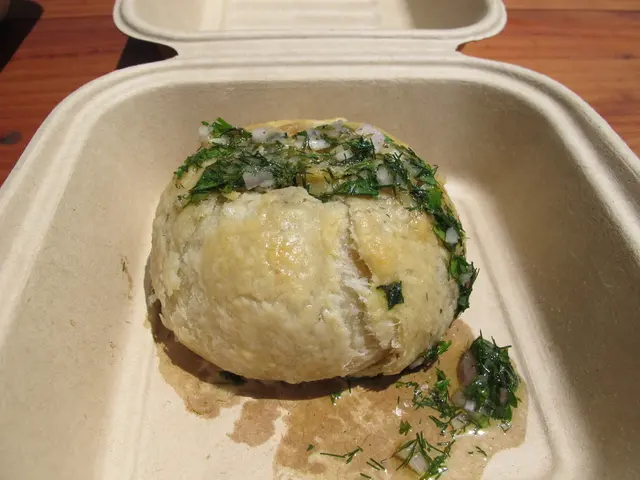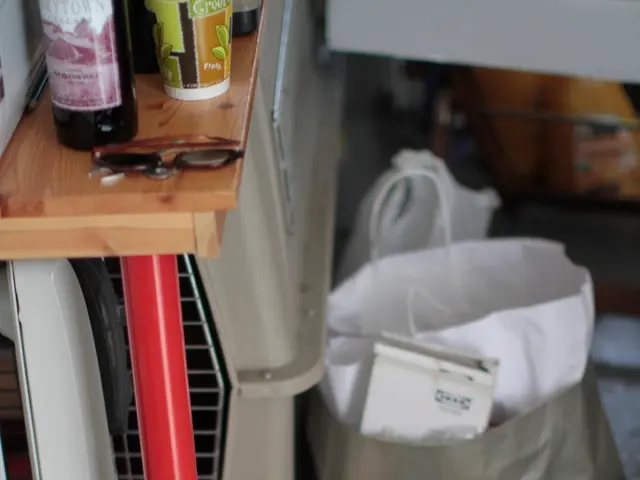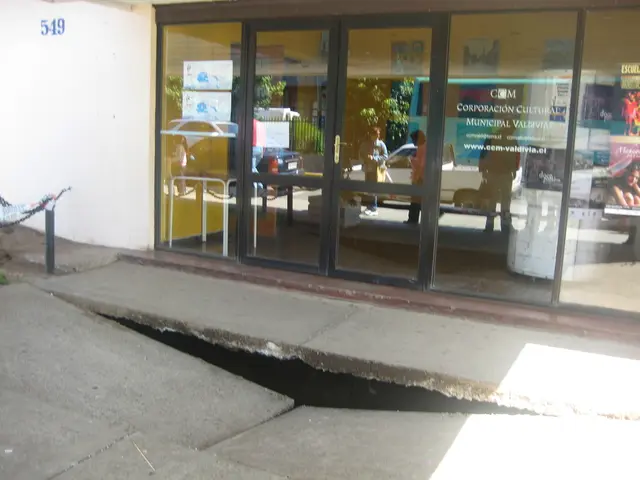Danish authorities remove eligibility prerequisite for egg donation recipients.
Get ready for a major shake-up in Denmark's egg donation landscape! From January 1st, 2026, the strict "recipient requirement" will be a thing of the past. That's right – women will now be allowed to donate their precious eggs without having a designated recipient picked out[2][3]. Here's the lowdown on this game-changing move.
Denmark's government has axed the requirement, making it a breeze for women to donate eggs, slashing wait times for hopeful recipients, and turning a new page in Denmark's fertility treatment scene, according to the Ministry of the Interior and Health.
"Women who have kindness in their veins, wanting to assist others in creating a family, will finally have the opportunity to donate eggs, without a specific recipient being their initial point of focus," announced Interior and Health Minister Sophie Løhde in a statement. So, instead of donating eggs for a specific recipient at the time of retrieval, they can now just breeze in, drop their donation in the bank (well, the fertility clinic, to be precise), and let the magic of science take care of the rest.
"Surplus eggs will now be able to be frozen and used to help several women, increasing their chances of success in their fertility treatments," Løhde added. That's right – no more hoarding those precious little eggs! Instead, they'll be getting used to help multiple women in need.
In the past, fertility clinics were only allowed to go egg-retrieving if a recipient had been found. This led to a shortage of donor eggs, which, in turn, meant increased waiting times for treatment-seeking women[2]. Løhde acknowledges the issue, stating, "The rigid rules have made egg donation trickier, and with a scarcity of donor eggs, the waiting game gets even longer."
But fear not, folks – the government is here to fix that, making this whole process more flexible and accessible, while reducing waste in the system, according to our in-the-know ministry pal. "This policy change will ensure that more donor eggs are available for those in need, and we'll no longer have to watch those precious little critters go to waste," Løhde further explained.
The government has no intention of turning Denmark into some sort of "egg bank." Løhde explicitly stated that "retrieved eggs will still need to be used exclusively for treating involuntarily childless women." Ergo, you won't find any fertility clinics browsing the market for the best-priced, top-quality, fresh-from-the-ovary eggs here. They'll purely be used for the noble purpose of helping women who have been hit by the cruel hand of infertility.
Last but not least, this policy change won't lead to clinics selling donor eggs like hotcakes[2]. "Profit-driven egg sales will not be tolerated under any circumstances," Løhde concluded. The reality remains that this legal adjustment could be a significant watershed moment for Denmark's fertility treatments, ensuring faster and more plentiful access to donor eggs, and, in turn, greatly boosting their odds of walking away with a baby in their arms.
- The removal of the requirement opens up opportunities for women to donate their eggs in Denmark's art scene, as it may inspire creative pieces revolving around the theme of family, reproduction, and scientific advancements.
- In the field of science and health-and-wellness, this policy change could lead to breakthroughs in reproductive medicine, with more research being conducted on egg donation and its impact on fertility treatments.
- Policy-and-legislation experts may scrutinize the move, comparing it to other nations' approaches to egg donation, and questioning the potential implications for individual rights, privacy, and market regulation in the health sector.
- General news outlets will likely cover the story, debating the societal and ethical implications, with some arguing that it democratizes the access to fertility treatments, while others contend that it disrupts traditional family structures and opens the door for exploitation.








